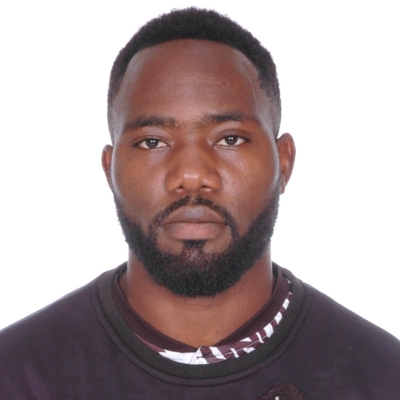
How francophone African countries rely on university incubators
Comment les pays africains francophones s’appuient-ils sur les incubateurs universitaires, contrairement aux pays anglophones?
One of the major indicators of a strong startup ecosystem is the number of incubators. They are important because they help startups and entrepreneurs to develop their businesses by providing them with a full range of services including financing, training and capacity building, and office spaces. Mostly initiated by for-profit venture capital investors, entrepreneur/tech philanthropists, successful businessmen, and sometimes government programs, we also witness an increasing number of incubators which are part of university entrepreneurship programs. These university incubators (incubateure de l’education supérieure) support registered university students who are potential entrepreneurs. These students benefit from training in product design and design thinking, elementary programming classes, entrepreneurship training and leadership development, personal development, website design — in short, a wide range of skills and classes, which might not be available in a regular incubator.
University incubators train potential startup founders when they are still in the ideation stage. Of course, these incubators also help in refining students’ ideas, provide mentorship, assist in startup registration at no cost (patents or licenses), as well as offer funding support, promotion, hackathons, and the opportunity to connect with like-minded people.
It is, therefore, no surprise that university incubators are gaining ground and are developing into an active part of the wider African startup scene. At times, they even sponsor other incubators within the ecosystem as a part of their community development goals.
Looking at Africa as a whole, we observe that English-speaking African countries rank the highest regarding the number of incubators on the SFI. Good examples are Cape Town and Johannesburg, scoring 23.97 and 34.94 respectively. However, there is often an inverse correlation with respect to the entrepreneurial culture in the city. In the current context, African universities play a major role in the development of startups as they act as ecosystem builders. Some general differences exist between English-speaking university incubators and French-speaking universities. Incubators in English-speaking countries like the Stellenbosch University’s incubator “LaunchLab” (South Africa) and CD4Lab incubator at the University of Nairobi (Kenya) support their local startup ecosystems by producing research, knowledge and talents that are influenced by the needs of society. However, compared to French-African countries, the entrepreneurial culture is rarely achieving a high ranking in these countries. A great illustration of this can be seen in the SFI domain comparison between South African cities and Senegalese cities. While South Africa has an Entrepreneurial Culture SFI score of 43.66, Senegal scores 78.31. This results in a significantly lower enrollment in these South African incubators, compared to incubators at Senegalese universities. At the same time, the government creates supplementary incubators that have the status of both university and state-sponsored incubators that will meet the needs of young entrepreneurs.

As mentioned before, French-speaking African countries mostly adopted the French university system. This results in francophone African countries relying more on university incubators than their English-speaking counterparts. The French education system is filled with state universities, private tertiary institutions and business schools which have a particular reputation for business and entrepreneurship. These business schools like HEC, EMlyon, Montpellier Business School, and Kedge are not only ranked among the best in the world but also have renowned incubator programs. Unsurprisingly, business school incubators have also been initiated in most French-speaking African countries, as is the case in Senegal, Cote D’ivoire and Cameroon. Taking bi-lingual Cameroon as a case study, we see that at the two state English-speaking universities (University of Buea & University of Bamenda) there are no incubators and a very limited focus towards entrepreneurship. However, at the French-speaking university of ENS Yaoundé (extension of the University of Yaoundé) there is an incubator called “The Technipole Sup Valor”.
Despite these fundamental differences, we should not underestimate the number of university incubators that exist in English-speaking countries. However, from our observation, they are relatively new and blend into the already existing startup hubs.





